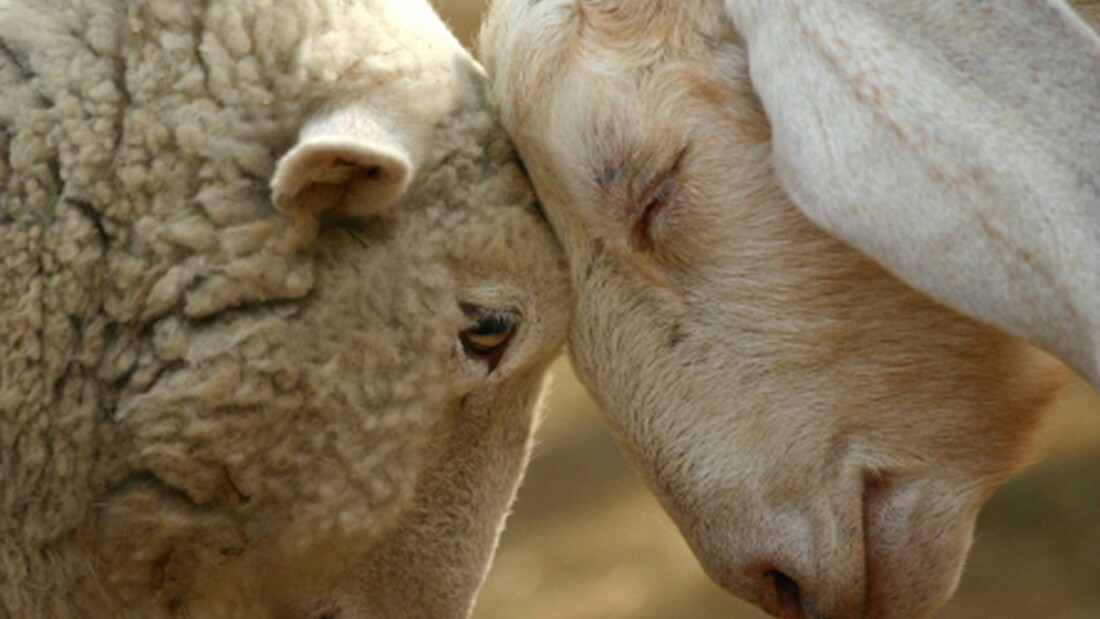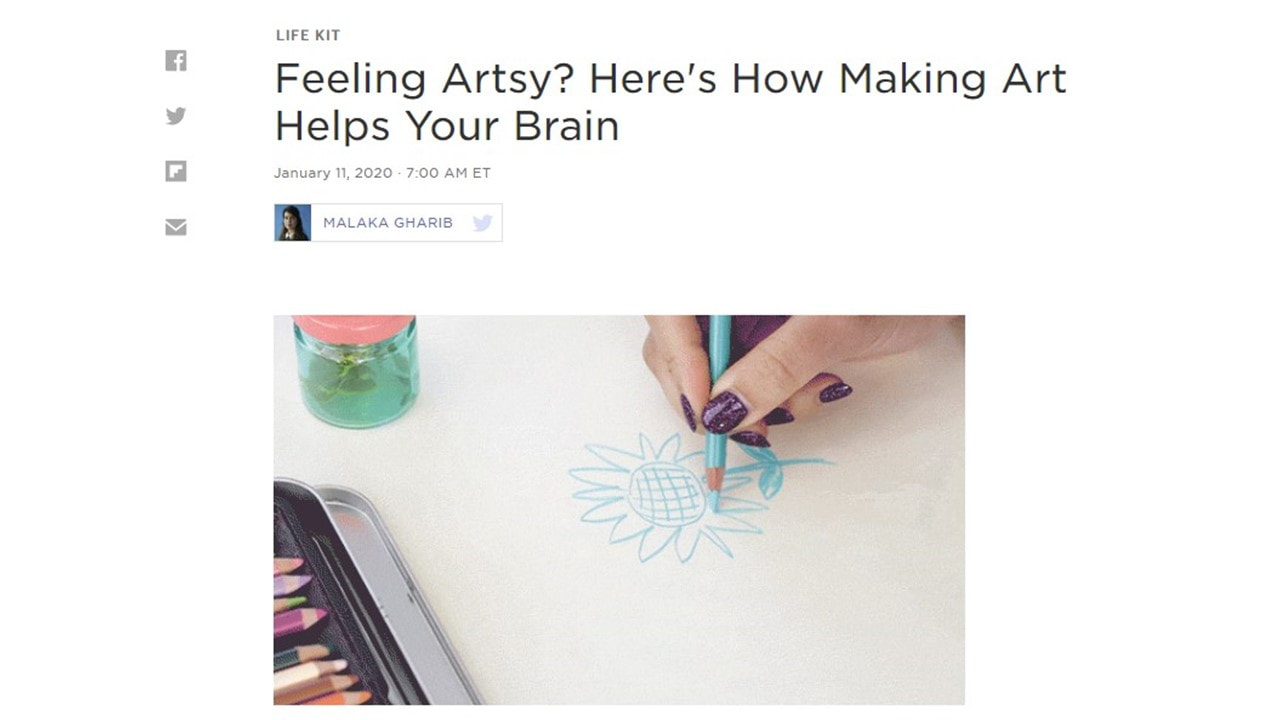Scott AndersonEzekiel 34:11-24 † Psalm 100 † Ephesians 1:15-23 † Matthew 25:31-46
A video version of this meditation can be found here. It’s all hindsight. All of it. No one was doing what they were doing in the story because they thought they were doing it “unto Christ.” They were just doing it. The surprise was that it was, or that it is the Holy One in those who were vulnerable. And everyone was surprised!. Everyone was surprised that this would be the thing that would set them apart—right from left, sheep from goats. When did we see you hungry or thirsty, or a stranger or with no clothes on your back, or locked up?
0 Comments
Scott AndersonZephaniah 1:7, 12-18 † Psalm 90:1-12 † 1 Thessalonians 5:1-11 † Matthew 25:14-30
A video version of this sermon can be found here. The kingdom of God, the reign of God, the world in which God’s will is done is like this: a man going on a journey summoned his servants and entrusted his considerable riches to them. We’ve talked about this parable before. It is a sticky one—one of those that can be read in multiple ways depending on how you identify the players, depending on the way you read it. And there may be no right answer to it, except the one that gets us closer to the deep truth of God’s life in the world and in us in this moment in time, which is probably the one that disturbs and challenges us the most. I suspect we know the traditional reading. This is a story about the importance of doing something with the gifts and the talents we have been given. And this is true, isn’t it? It is important. The master to whom the talents belong is God, or maybe Jesus, and the servants are the disciples—us, you and me—who take what we’ve been given and use it for good, or don’t perhaps to our peril. Paul kind of sums up this idea in his letter to the Thessalonians: “Encourage one another and build up each other, as indeed you are doing.” Make investments in God’s ways, in other words, and be cautious when God’s ways challenge those ways to which we have grown accustomed. There’s much to be drawn from this, and some difficulties as well. How, for example, do we reconcile this callous or even cruel absentee owner for whom forgiveness seems to be a rare commodity, who seems to take delight in enriching those who are already rich and throwing the one who already had little into the darkness—how do we reconcile this image with the God who in Jesus is love and justice equally? How do we imagine that this one who gave his life for the sake of the world could be so hard-hearted? Scott AndersonAmos 5:18-24 † Psalm 70 † 1 Thessalonians 4:13-18 † Matthew 25:1-13 A video version of this sermon can be found here. Keep awake! That’s the message Jesus draws from this murky story in Matthew right before the parable of the talents which we’ll see next Sunday. There’s all this detail in the story—a bridegroom, but no bride anywhere to be found; lamps (which are really torches) and oil. Five brought oil, the other five didn’t. It’s not that they didn’t bring enough, they just didn’t bring any, or maybe they didn’t have any. And apparently there’s an all-night oil shop open somewhere down the road. All ten bridesmaids--virgins actually, fall asleep, by the way. All of them. The bridegroom arrives late, seriously late, and five make it into the party and five are shut out. And Jesus tells his listeners to keep awake. Scott AndersonJeremiah 20:7-13 † Psalm 69:7-18 † Romans 6:1-11 † Matthew 10:24-39
A video of this meditation can be found here. The Jeremiah text caught me this week. I’m sure it’s the moment, the week, the flood of events that have turned our hearts and our attention toward realities that have been in plain sight for centuries and yet less noticed by me, a white male with layers of privilege that buffer my experience. Perhaps you too. My mother never gave me “the talk.” There was no need. I remember, in fact, a night in Marietta Georgia while I was a seminary student. Barb and I were out with some friends—a professor of mine, actually and his wife. I was driving. It’s a blur almost 30 years ago now. I took a right, I think. And then flashing blue lights. Then that feeling in the pit of my stomach. We pulled over, and looking back now, it’s almost as if I was possessed. I was obstinate—I mean more than usual, if you can believe that! Rude even, to the officer. I don’t know why. I can’t even explain it. Even in the moment I had the feeling of floating outside of my body, watching myself, unable to control what I was saying. Perhaps I was embarrassed in front of these friends. There’s no excuse for it. Here’s the thing, though. The officer was professional. He responded in measured tones. The encounter ended, and we were on our way. Had a few factors been different, who knows what might have happened? A black mother knows. Many black mothers know all too well. I suspect, Jeremiah knows. …whenever I speak, I must cry out, I must shout, “Violence and destruction! Scott AndersonFlow. That’s the imprecise, yet perfect word that science uses to refer to what happens when you’re in the zone. Dr. Girija Kaimal explains it this way in a recent NPR piece: “It's that sense of losing yourself, losing all awareness. You're so in the moment and fully present that you forget all sense of time and space.”[i] Teresa Platin recommended the article for our fascinating Digging Deeper conversation last Tuesday. She invited us to reflect together about our experience with creativity in these uncertain and stressful times.
Flow. We know the concept, I suspect. It’s not just artists that experience it. Athletes know it, and, writers, and the scientists who coined the phrase. We’ve all had those moments, I suspect, when we are so deeply engaged in something, when all our energy, when body, mind, and spirit are so devoted that we lose track of all time. We become one with the thing. Scott AndersonActs 2:14a, 36-41 † Psalm 116:1-4, 12-19 † 1 Peter 1:17-23 † Luke 24:13-35 For over 1400 days—nearly four years—between 1992 and 1996, the city of Sarajevo was under siege. One study of the survivors found that many had developed a super-heightened sense of spatial awareness—a skill for evading bullets or bombs, a skill that they carried with them throughout their lives. “People, during times of prolonged, radical change, end up changing,” said the study’s author[i] in an article this week that takes an early run at how we might be changed on the other side of this pandemic. It makes sense. We are an adaptable species. We grow and change according to requirements on the ground, in the environment, or just at home in these times. Not surprisingly, studies from previous outbreaks—SARS, Ebola and swine flu—showed almost universal spikes in anxiety, depression and anger. But they also found that people acted to regain a sense of autonomy and control. People worked on their diet. They read more news. They made art. Who knows, maybe they made masks. You may remember those Sarajevo roses we showed you some months ago in the “before times.” Scott Anderson Isaiah 40:21-31 † Psalm 147:1-11, 20c † 1 Corinthians 9:16-23 † Mark 1:29-39
It was a shot of darkness that I encountered this week. A blog referenced by an old friend, a single voice attempting to name what we have lost. It began with a familiar refrain, noting that in the past 23 days the United States has seen 11 school shootings.[i] According to Everytown for Gun Safety, which seems to be the source of these numbers, we would need to add nine days to the total and only one more shooting for 12 shooting in about 32 days, which lowers the frequency a bit, but frankly doesn’t feel much like good news. The point of the blog, though, wasn’t the frequency of shootings or even gun violence in general, but what has happened to us as events like this continue to occur. Umair Haque, the blogs author, is suggesting that American culture is in decline, that this American experiment and with it, our notion of American exceptionalism, seems to be on the way out. Haque’s diagnosis is sobering. He names five destructive tendencies, five social pathologies he observes in American culture that signal this decline. The first is signaled by this statistic about school shootings—that our kids are killing each other. Haque puts the number of shootings and its frequency in perspective in order to make his point. 11 school shootings in 23 days, or 12 shootings in 32 days, if you wish. It is more than anywhere else in the world, even Afghanistan, even Iraq. In fact, this just doesn’t happen in any other country in the world. It is, he suggests, a “new, bizarre, terrible disease striking society.”[ii] Scott Anderson Ezekiel 34:11-24 † Psalm 100 † Ephesians.1:15-23 † Matthew 25:31-46
It’s all hindsight. All of it. No one was doing what they were doing in the parable because they thought they were doing it “unto Christ.” They were just doing it. It was just what they did or didn’t do. Everyone was surprised, in other words. Everyone was surprised that this would be the thing that would set them apart—right from left, sheep from goats. When did we see you hungry or thirsty, or a stranger or naked, or in prison? Which kind of begs the question. What were they expecting? Not so much for the goats. We know all-too-well the world in which people do “goaty” things, do for themselves, vote for their own interests, look out for number one, shove and claw and occupy and foul more space than they need to. This story is as old as the hills, or at least as old as Ezekiel who sounds like a modern-day prophet for climate change. “Is it not enough,” the prophet asks, for you to feed on the good pasture, but you must tread down with your feet the rest of your pasture? When you drink of clear water, must you foul the rest with your feet? And must my sheep eat what you have trodden with your feet, and drink what you have fouled with your feet?[i] There’s more than enough of that to go around. And, of course, we know that part in us. Because we all have a little sheep, a little goat—we all have contested space within us, a DMZ between Thanksgiving feeding at the REACH meal and that feeding-frenzy we call Black Friday. But they were all surprised—sheep and goats together. No one was expecting this. It just kind of surfaced. So if it wasn’t about pleasing, about caring, about serving as a way to meet the holy, to do it “unto Christ,” what was the motivation? Why did they do it? What did it mean? What does it say? |
St. Andrew SermonsCategories
All
|



 RSS Feed
RSS Feed